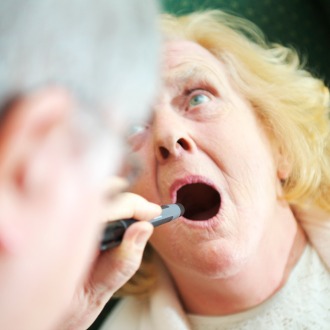GPs are having to deal with 11,000 consultations a year for patients with dental problems due to spiraling NHS charges for dentists, according to new analysis from the British Dental Association (BDA).
A study of over 280,000 dental consultations published in the British Journal of General Practice in May 2016 indicated a rate of dental consultations of 6.06 consultations per 1,000 patient-years among GPs.
The BDA says this equates to around 600,000 consultations for patients – over 11,000 a week – with dental problems at GP practices every year.
GP leaders said that dealing with dental problems is piling more pressure on GPs.
Patient charges – dubbed by the BDA as a ‘tax on health’ – were first introduced in 1951 to lower demand for NHS dental services.
The BDA’s general dental practice chair, Henrik Overgaard-Nielsen, said: ‘Ministers insist the NHS will remain free at the point of use, but keep ramping up England’s dental charges. Already these inflated charges are pushing those who can’t pay towards overstretched GPs, who aren’t equipped to treat them. It’s bad for our patients, and it’s bad for the NHS.’
Dental charges in England increased by 5% this year, and are set to rise by a further 5% in 2017, alongside further falls in state funding for NHS dentistry.
The Personal Social Services Research Unit has calculated the unit cost for GP services as £44 for 11.7 minutes of patient contact.
This would suggest a minimum added cost to the NHS of dental problems being handled by GPs at around £26.4 million per year, says the BDA.
Dr Maureen Baker, RCGP chair, said: ’GPs are not dentists – and patients who are experiencing pain or discomfort with their teeth and/or gums, should seek an appointment with their local dentist, not their family doctor.’
’There may be a number of reasons why patients make an appointment with their GP and not their dentist, but doing so only serves to take scarce appointments away from patients who could benefit from them at a time when general practice is under intense workload pressure, and puts their own safety at risk as they are not accessing the most appropriate care in the first instance.’
Pulse October survey
Take our July 2025 survey to potentially win £1.000 worth of tokens





 Oviva’s fully remote Tier 3 Weight Management programme
Oviva’s fully remote Tier 3 Weight Management programme







